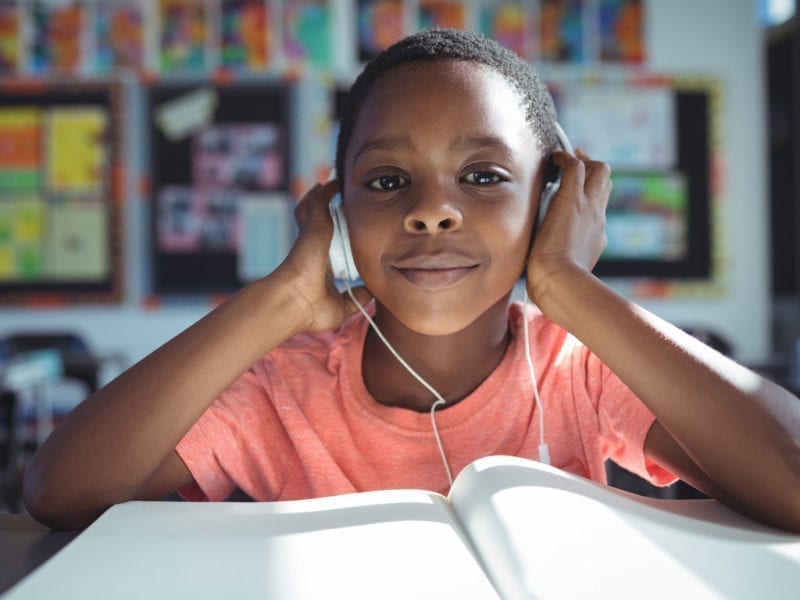 Most songs kids like to listen to these days seem senseless to many parents. Well-known pop songs often scream out the message “we like to party” (of course with the accompanying provocative dance moves). But there is something good that can be taken out of modern-day music. Yes, you read that right!
Most songs kids like to listen to these days seem senseless to many parents. Well-known pop songs often scream out the message “we like to party” (of course with the accompanying provocative dance moves). But there is something good that can be taken out of modern-day music. Yes, you read that right!
And before you do a “kids these days” sigh when you hear what your kid is bopping along to, we tell you why listening to music while studying can enhance learning and concentration.
Yes, even music from the likes of Miley Cyrus or Justin Bieber.
Clinical Psychologist Dr Emma Gray, shares information from her research on how listening to music while studying can have a positive impact on learning. She was commissioned by Spotify (a digital music service) to conduct the study.
If you can bring yourself to look past some of the mildly offensive lyrics and/or controversial “twerking” that accompany many popular songs these days, you can find out which particular music beat will stimulate your child’s mind for various subjects.

Listening to music while studying can enhance learning, if your child listens to the right songs…
Science, Humanities and Languages
Key skills in Science, Humanities and Languages involve the ability to process factual information and solve problems. The left hemisphere of the brain is used for such processing.
Listening to music with 50-80 beats per minute can induce a calming effect on the mind which allows logical thought and the brain to learn and remember new facts.
Here is an example playlist of music with 50-58 beats per minute:
Math
Classical music with 60-70 beats per minute helps students study longer and retain more information. Their melodies and wide range of tones are conducive to studying math.
Statistics have shown that students who studied math while listening to music, score on average 12% more in their Maths exams than those who don’t listen to music while studying. That’s the equivalent of up to a whole grade!
Here is an example math study playlist with classical music of 60-70 bpm:
English, Drama and Art
The right hemisphere of the brain processes original, creative thoughts. Research shows that if students listen to emotive rock and pop music, it heightens excitement that is likely to enhance artistic performance. This would be extremely beneficial when studying for subjects like English, Drama or Art, which require creative thought.
Here is a playlist of emotive rock and pop music that inspires creativity:
Dr Gray says, “music can put you in a better frame of mind to learn” the right type of course.
By following these tips and understanding how music can have a positive effect on studying, perhaps you can come up with the best (with kid-friendly lyrics!) study playlists for your child and share them with us!
Have you tried any helpful metacognitive strategies with kids?
Join our social community and let us know!
 Join Studycat to access Fun English language learning resources »
Join Studycat to access Fun English language learning resources »


